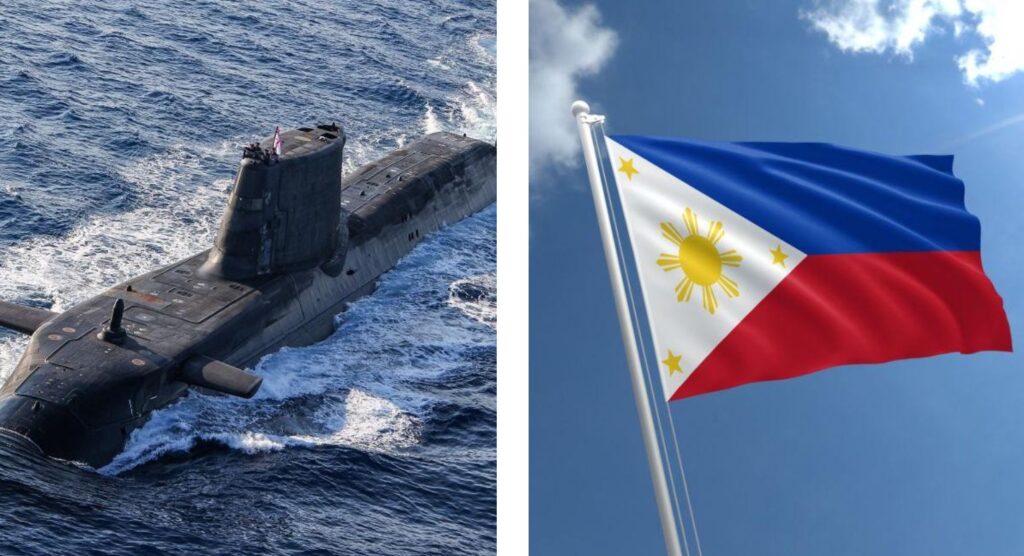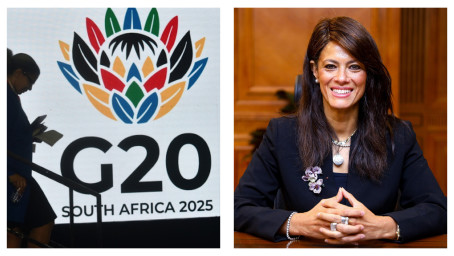By Mary Mae Balasanos
Amid the growth of markets across the globe, Egyptian Minister of Planning, Economic Development and International Cooperation Rania Al-Mashat, has stressed the importance of country ownership to improve financial development in combating climate change.
Through strengthening collaborations and mobilising development funds to address climate change, the minister acknowledged the critical role that country platforms play in accomplishing concrete outcomes.
The minister reiterated that country ownership is a crucial component in improving the platforms’ efficacy and capacity to mobilise climate funding.
She made these statements during the G20 meeting hosted by South Africa on Wednesday.
Financial reform
Al-Mashat also noted the importance of more equitable and effective financing strategies for emerging economies as a way to overcome financial limitations.
Recent statements made by multilateral development banks on national platforms for backing climate action during the COP29 meeting were also highlighted by the Egyptian minister.
YOU MAY ALSO LIKE: Philippines eye ‘dream’ submarines as tensions with China escalate

“Multilateral development banks play a vital role in supporting national platforms for climate action,” Al-Mashat said, quoted by Daily News Egypt.
According to Al-Mashat, country platforms increase the impact of initiatives on communities by facilitating cooperation between governments, the commercial sector, organisations and foreign collaborators.
Country ownership
According to the non-governmental organisation (NGO) Oxfam, the concept of country ownership represents the conditionality affixed to plans, strategies, procedures or programmes that involve both local and foreign parties.
The nation state generally serves as the local party, while the foreign entity includes the World Bank, the International Monetary Fund or other bilateral and multilateral organisations.
The world’s largest climate fund, Green Climate Fund (GCF), described country ownership as a way for nations to show that they are committed and to take ownership of their efforts to adapt to and reduce the effects of climate change.
The GCF highlighted that country ownership effort may entail major involvement, including consultation with pertinent national, municipal, community-level and commercial sector stakeholders.
The organisation also noted that country ownership needs to be maintained at every level of a project or programme, from preparations to implementation, monitoring and evaluation.
READ NEXT: Everything we know about music star Frank Ocean’s 2025 directorial debut
